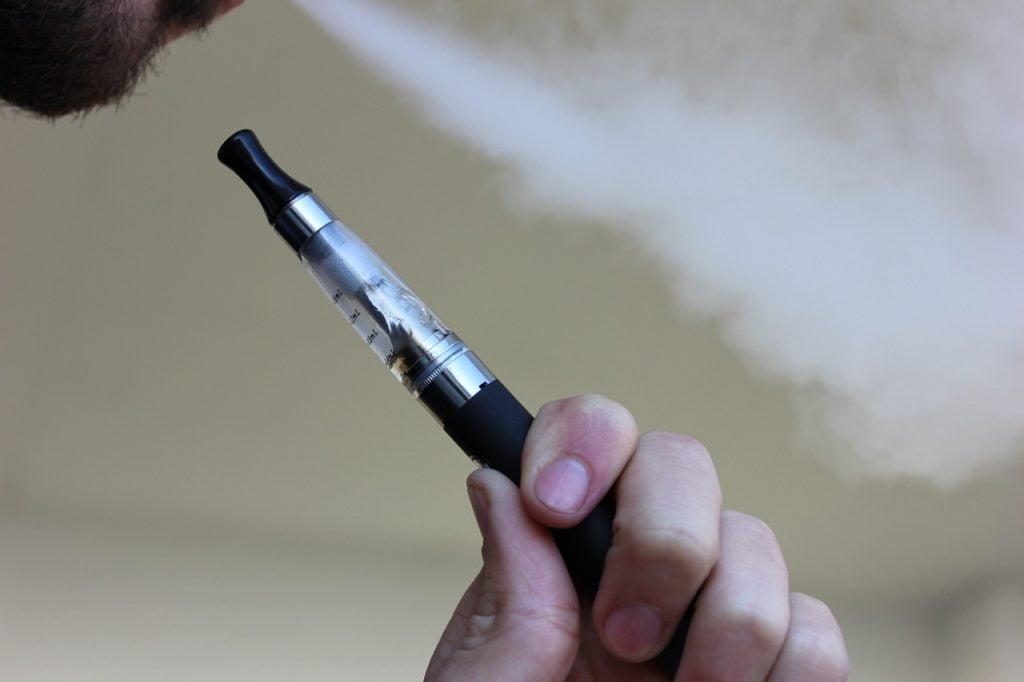Many E-Cigarettes To Be Banned in U.S.; Finally, Says The Law Professor Who Led The Battle
E-Cigarettes To Be Banned in U.S.
WASHINGTON, D.C. (June 22, 2022) – The Food and Drug Administration [FDA] is reportedly poised to ban the sale of Juul e-cigarettes in the U.S.
This proposal was cheered by the law professor who first led the battle against e-cigarettes, helped to ban their use in many public places, and to require many companies to stop doing business with their manufacturers.
Q1 2022 hedge fund letters, conferences and more
Juul is one of the most dangerous e-cigarettes because it has become so popular among children because of its fruity flavors and hip marketing, says public interest law professor John Banzhaf, who filed numerous successful complaints against these new nicotine delivery devices.
As the FDA and numerous public health organizations agreed, e-cigarettes tend to attract teens, and lead to their addiction to the drug nicotine; an addiction which can subsequently lead them to begin smoking.
The product can also dissuade current smokers from quitting, since it permits them to remain smokers addicted to nicotine even if smoking is banned in their workplace, says Banzhaf.
Although e-cigarette supporters claim that the product is useful because it can help smokers to wean themselves from cigarettes, many experts and governmental organizations are not convinced that the evidence supports this claim.
Another problem is that if using e-cigarettes is permitted in workplaces and public places, innocent people around are exposed to nicotine and other dangerous chemicals.
Moreover, there are other nicotine-delivery products - such an nicotine patches and chewing gun - which can likewise satisfy a quitter's desire for nicotine, but without sustaining his addiction to nicotine - or, in the case of children, getting them addicted to nicotine in the first place, argues Banzhaf.













